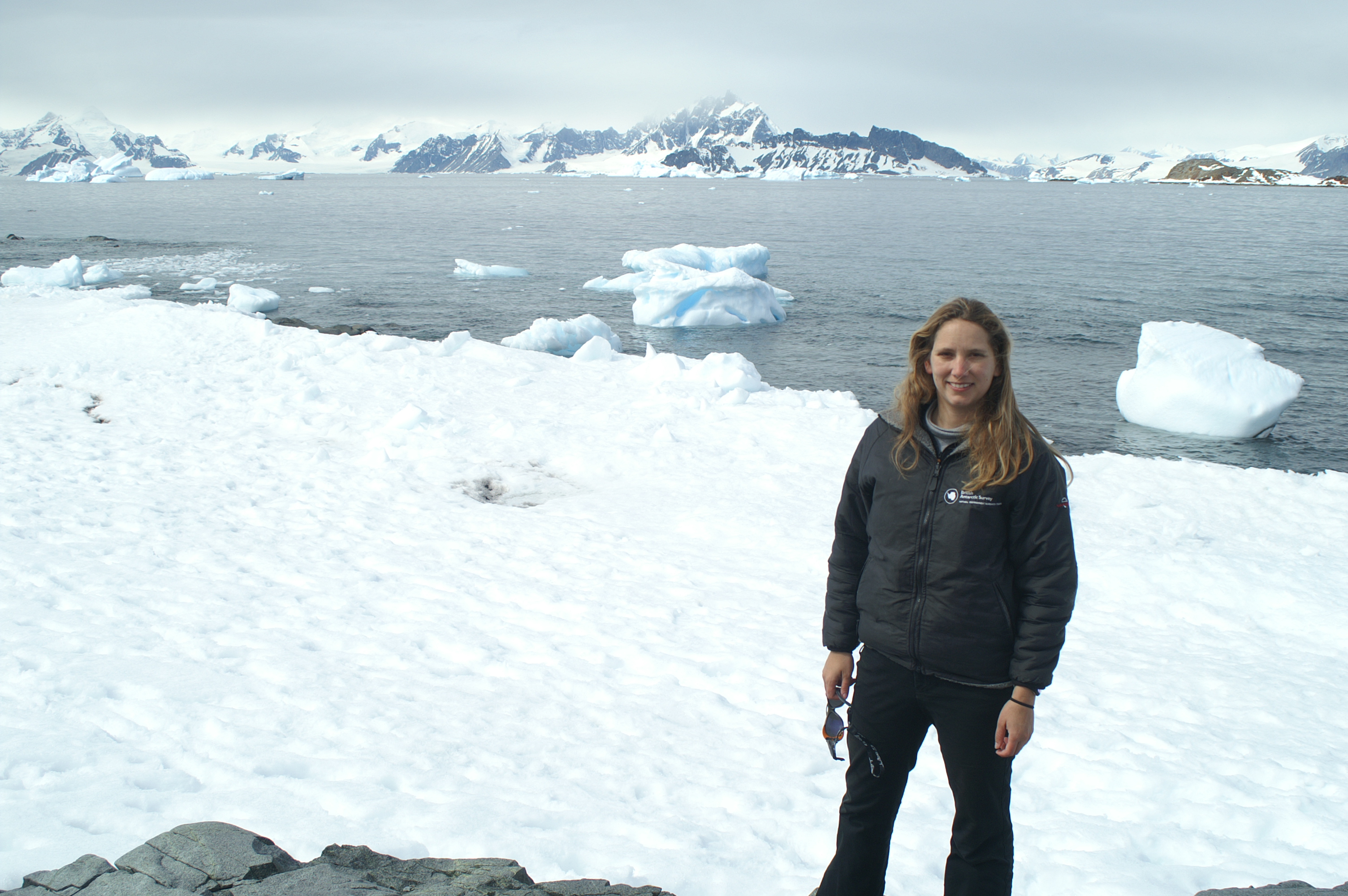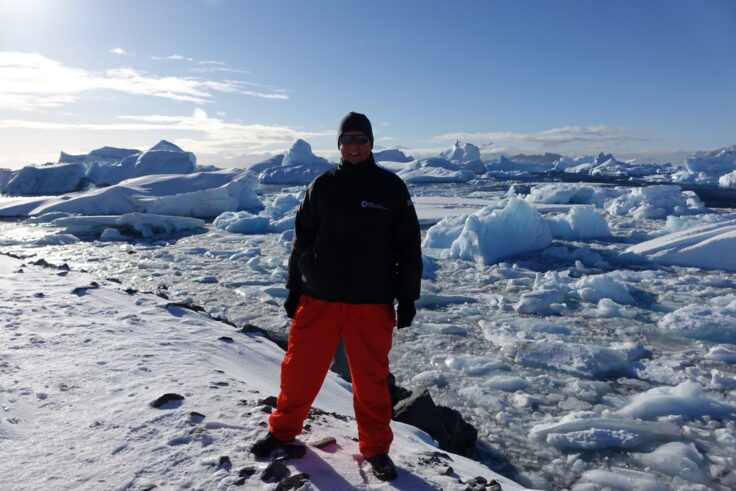British Antarctic Survey Staff Appointed to Parliamentary Advisory Boards
British Antarctic Survey (BAS) oceanographer and mathematician Dr Emily Shuckburgh has been appointed member of the Advisory Board to the All-Party Parliamentary Climate Change Group (APPCCG).
And civil engineer and project manager of BAS Antarctic Infrastructure Modernisation Programme David Seaton is to sit on the Advisory Board of the Westminster Sustainable Business Forum.
The appointments reflect how expertise developed through working in polar regions, under the Environmental Protocol to the Antarctic Treaty, sheds light and new thinking on policy and practice throughout society.
Dr Shuckburgh, deputy head of the Polar Oceans team at BAS, co-authored the recent Ladybird book on Climate Change with HRH Prince of Wales and Tony Juniper, and is fellow of the Royal Meteorological Society and co-chair of its Climate Science Communications Group.
The APPCCG Advisory Board meets twice a year to provide input into the forward programme of events and research that the Group undertakes. With expert insight across a wide range of backgrounds, the Advisory Board is a source of invaluable, independent thinking to structure the Group’s work.
Dr Shuckburgh said: “Climate change is one of the greatest challenges of our time. It is essential that our response to this challenge is informed by robust scientific evidence. I very much look forward to working with the APPCCG so I can share the research and expertise of my colleagues at the British Antarctic Survey and elsewhere, which is provided through the Natural Environment Research Council (NERC).”

David Seaton is a chartered civil engineer and environmental sustainability expert with more than 30 years’ experience in the construction industry working for contractor, consultant and client organisations. He has worked on a wide variety of infrastructure projects in the UK including water, wastewater, marine, transportation and renewable energy projects.
He now manages the multi-million pound modernisation programme to transform how British Antarctic Survey enables and supports frontier science. Commissioned by the Natural Environment Research Council (NERC), this long-term programme will enable a world-leading capability to ensure that Britain remains at the forefront of climate, biodiversity and ocean research in the Polar regions.
Mr Seaton said: “Sustainability is one of our primary objectives as we look to upgrade our Antarctic infrastructure. What we are doing in Antarctica is very relevant to the sustainability challenges faced by the construction industry in general and therefore through membership of the WSBF we hope to be able to influence future policy through sharing our experience.”

Dr Hannah Collins, Head of External Affairs at NERC, said: “We are delighted with these appointments to the advisory boards, which are a direct result of our work over the last year or so to bring the world leading science that NERC funds into parliament. We want to encourage and support NERC scientists to engage with parliamentarians in a whole range of ways to put scientific evidence at their fingertips.”